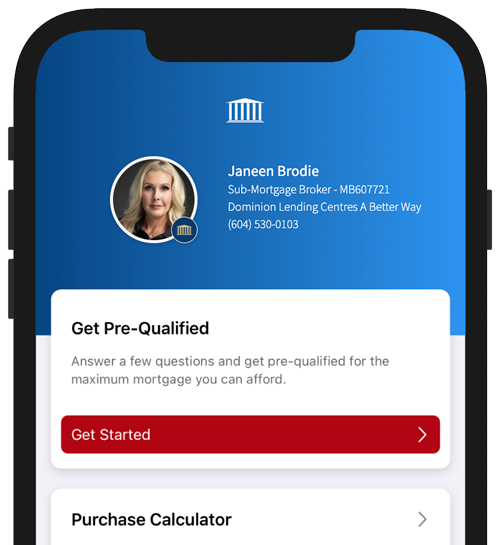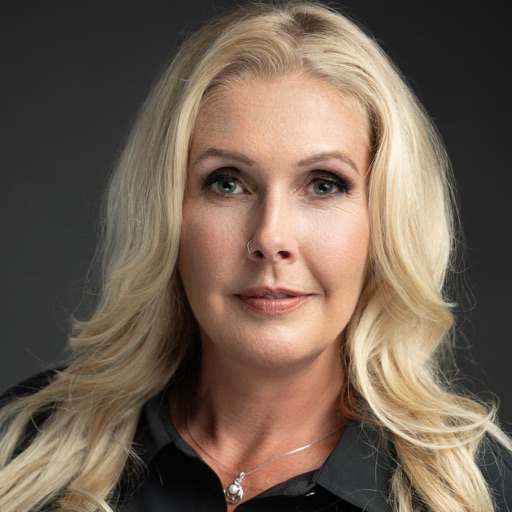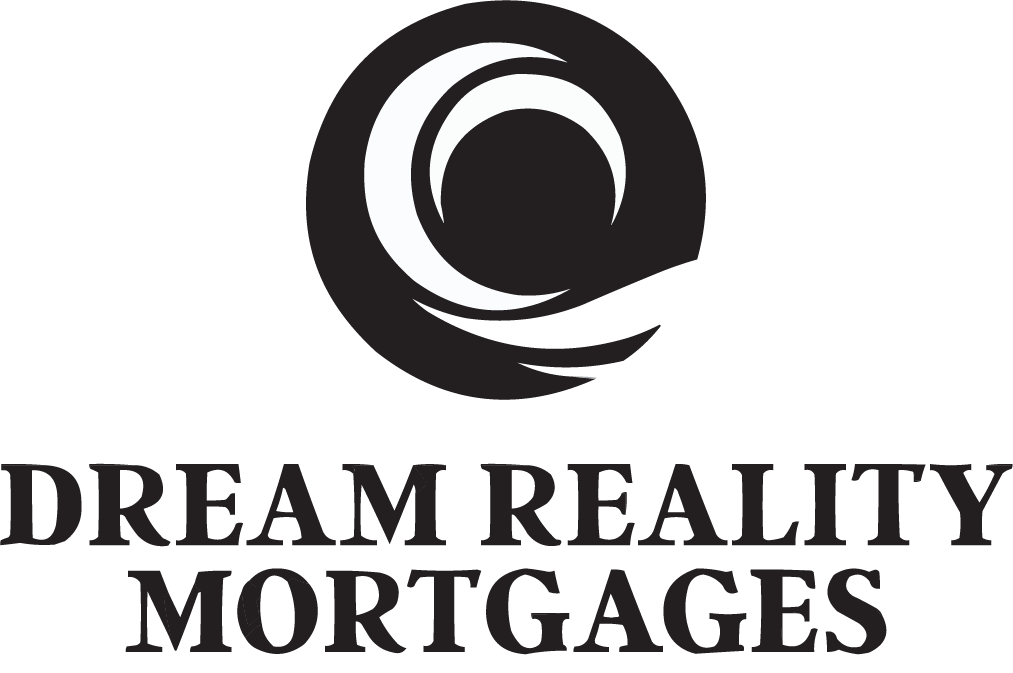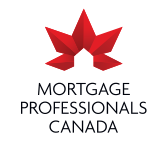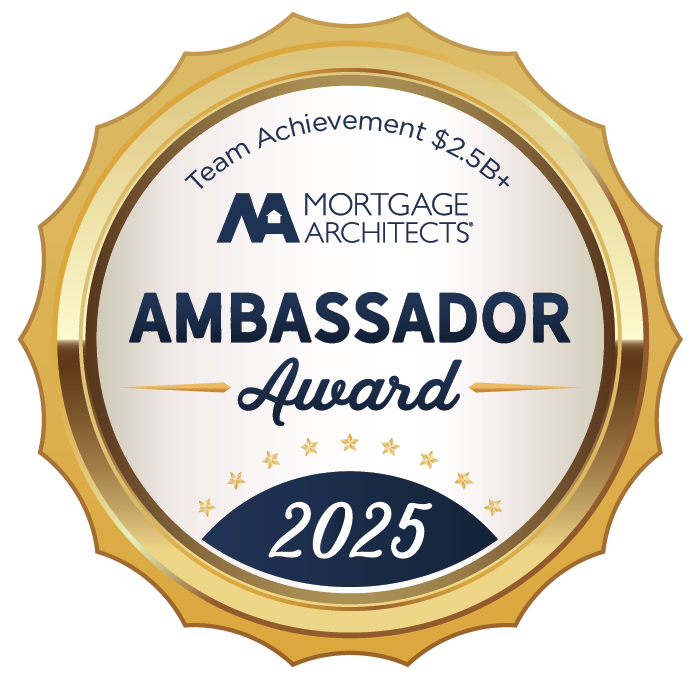
Q & A
What is the minimum down payment required?
In Canada, the minimum down payment depends on the price of the home:
- For homes priced up to $500,000, the minimum down payment is 5%.
- For homes priced between $500,000 and $1,499,999, it’s 5% on the first $500,000 and 10% on the remaining amount.
- For homes priced at $1.5 million or more, a 20% down payment is required.
What is the maximum amortization period I can get?
The maximum amortization period is typically 25 years for a mortgage with less than a 20% down payment (high-ratio mortgage). For conventional mortgages (with a down payment of 20% or more), some lenders offer up to 30 years.
Do I need mortgage default insurance?
Mortgage default insurance (provided by CMHC, Sagen, or Canada Guaranty) is required if your down payment is less than 20%. This insurance protects the lender in case you default on your mortgage, but it does increase the cost of your mortgage.
How much can I afford to borrow?
Lenders assess how much you can borrow based on your GDS (Gross Debt Service) ratio and TDS (Total Debt Service) ratio. Typically, your GDS should not exceed 32% of your gross income, and your TDS should not exceed 40-44%. These ratios help determine your ability to handle monthly payments, property taxes, and other debt obligations.
What documents do I need to provide when applying for a mortgage?
Common documents include:
- Proof of income (pay stubs, employment letters, tax returns)
- Proof of down payment and its source (bank statements)
- Credit report or authorization for the lender to check your credit
- ID (government-issued identification)
- Details of your assets and liabilities (loans, credit cards, other debts)
What is the difference between a fixed-rate and a variable-rate mortgage?
A fixed-rate mortgage has an interest rate that remains constant throughout the term, providing stable and predictable payments. Interest is calculated using a compound interest model. A variable-rate mortgage has an interest rate that fluctuates with the lender’s prime rate, meaning your payments may change over time depending on interest rate movements. Interest is calculated using simple interest.
Can I get pre-approved for a mortgage, and how does that help?
Yes, you can get pre-approved for a mortgage. Pre-approval gives you a clear understanding of how much you can borrow and at what interest rate. It also locks in an interest rate for up to 120 days, which can protect you if rates increase while you’re house hunting. A pre-approval does not guarantee approval of a mortgage. The lender will conduct a review your financial details and property details prior to a final approval.
How much are closing costs, and what do they include?
Closing costs in Canada are typically 1.5% to 4% of the purchase price and can include:
- Legal fees
- Land transfer taxes (varies by province and city)
- Appraisal fees
- Title insurance
- Home inspection fees
- Property taxes and adjustments
Can I pay off my mortgage early without penalties?
It depends on the type of mortgage:
- Open mortgages allow you to pay off the loan early without penalty.
- Closed mortgages may have limits on prepayments and could charge penalties if you exceed those limits or pay off the mortgage early.
What happens when my mortgage term ends?
When your mortgage term ends, you’ll need to renew your mortgage for another term. At this point, you can negotiate a new interest rate and term, either with your existing lender or by switching to another lender. You can also make extra payments or pay off the mortgage if possible.
How is my credit score considered in the mortgage approval process?
Your credit score is a key factor in determining your mortgage approval. Lenders typically require a minimum credit score of 600-650 for standard mortgages, though higher scores improve your chances of getting a better interest rate. A low credit score may limit your mortgage options or result in higher rates.
Can I use RRSPs for my down payment?
Yes, under the Home Buyers’ Plan (HBP), first-time homebuyers can withdraw up to $60,000 from their RRSPs tax-free to use as part of their down payment. You must repay the withdrawn amount over 15 years to avoid being taxed on it.
What is a stress test, and how does it affect my mortgage?
The Canadian government requires lenders to apply a stress test to ensure borrowers can handle rising interest rates. The stress test is based on either the Bank of Canada’s qualifying rate (5.25%) or your mortgage rate plus 2%, whichever is higher. This ensures you can afford your mortgage if rates increase.
Can I transfer my mortgage if I move to a new house?
Some mortgages are portable, meaning you can transfer your existing mortgage to a new home without penalty. This can be helpful if you have a favourable interest rate and don’t want to break your mortgage when moving.
What’s the difference between refinancing and renewing a mortgage?
Renewing a mortgage happens at the end of your term, where you negotiate a new term and interest rate. Refinancing means renegotiating your mortgage before the term ends, often to access home equity or lower your interest rate. Refinancing may involve penalties if you break your mortgage early.
Is a gifted downpayment taxable?
There is no gift tax in Canada. Mortgage gift money is not a taxable form of income for the person receiving it. The family member gifting you the money can give you as much money as they want. Keeping a copy of the gift letter on file for when you complete your annual income tax filing is always a good idea.
